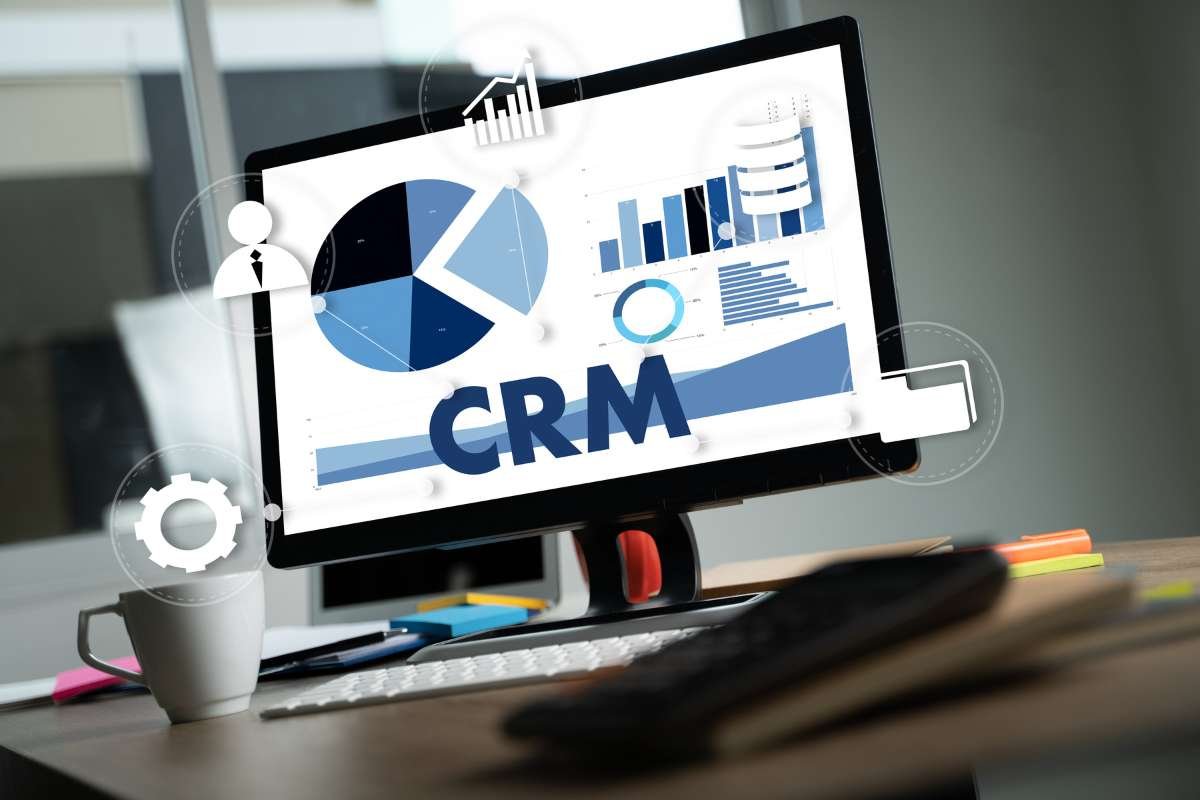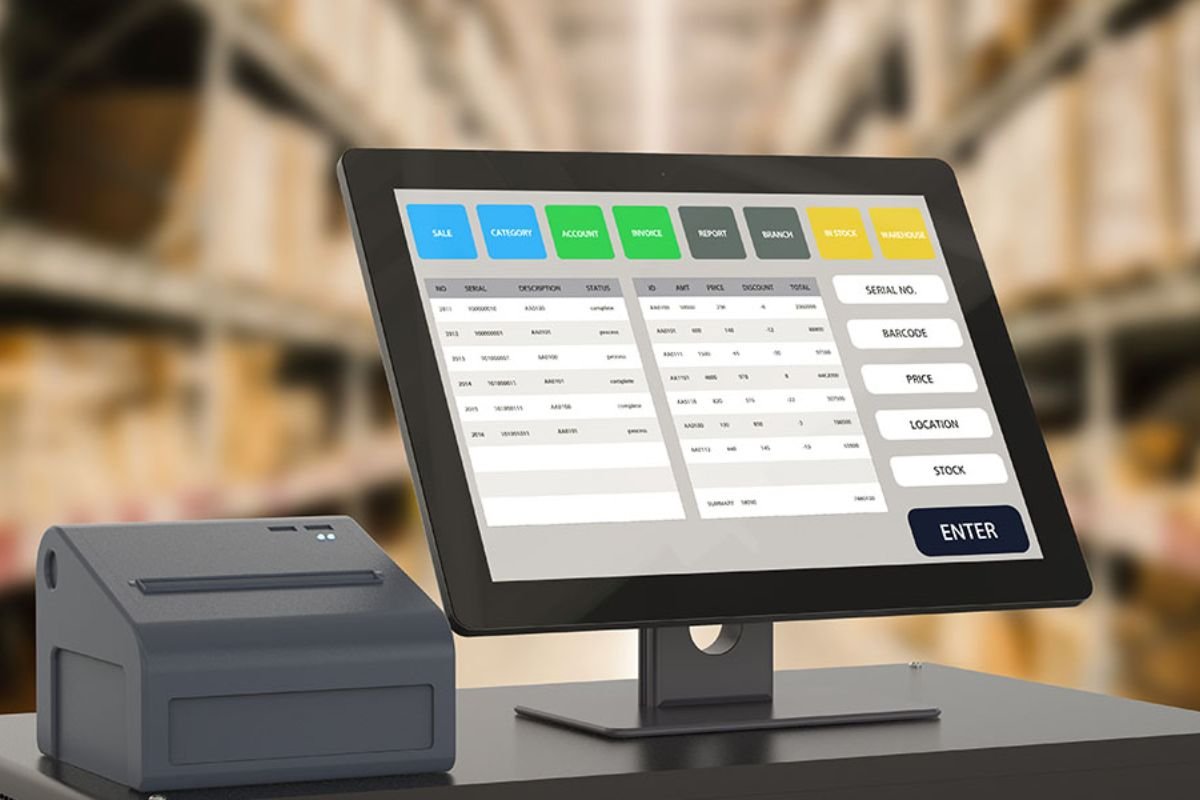In the realm of nonprofit organizations, driving social impact and achieving mission objectives often entails navigating complex challenges. From managing donor relations to optimizing program efficiency, nonprofits require a comprehensive solution that empowers them to make a significant difference in the communities they serve. This is where Salesforce CRM and its potential for transforming nonprofit operations come into play.
In this article, we explore the pivotal role of “Salesforce Consulting for Nonprofits,” showcasing how specialized services can tailor and optimize Salesforce CRM to address the unique needs of these organizations. Through expert guidance and strategic implementation, Salesforce consulting services offer a transformative solution, empowering nonprofits to drive social impact, streamline processes, and create lasting change.
The Power of Salesforce CRM for Nonprofits
How Salesforce CRM benefits nonprofit organizations;
Salesforce CRM holds immense power in revolutionizing the way nonprofit organizations operate and achieve their social impact goals. This section explores how Salesforce CRM brings a myriad of benefits to nonprofits, empowering them to make a meaningful difference in their communities.
a) Streamlined Data Management.
Salesforce CRM provides a centralized platform for nonprofits to manage their donor data, volunteer information, program outcomes, and other crucial metrics. This unified approach streamlines data management, eliminating silos and facilitating a holistic view of the organization’s operations. With comprehensive data insights at their fingertips, nonprofits can make informed decisions and focus on high-impact initiatives.
b) Enhanced Donor Engagement.
Building strong relationships with donors is vital for sustainable fundraising. Salesforce CRM offers sophisticated tools to track donor interactions, preferences, and giving history. Nonprofits can leverage this data to personalize communication, express gratitude, and tailor fundraising campaigns to resonate with individual donors. The result is deeper donor engagement and increased support for the organization’s cause.
c) Improved Program Efficiency.
Salesforce CRM enables nonprofits to manage and monitor their programs efficiently. With automated workflows and task assignments, program managers can optimize operations, allocate resources effectively, and track progress toward program objectives. This enhanced efficiency translates to higher program success rates and a greater social impact.
d) Seamless Collaboration.
Salesforce CRM fosters seamless collaboration within nonprofit teams and with external stakeholders. Whether it’s coordinating efforts with volunteers, communicating with board members, or collaborating with partner organizations, Salesforce’s cloud-based platform facilitates real-time collaboration, ensuring everyone is on the same page and working towards common goals.
e) Data-Driven Decision Making.
Nonprofits face the challenge of allocating limited resources to have the greatest impact. Salesforce CRM equips nonprofits with robust analytics and reporting tools that provide valuable insights into program outcomes, fundraising effectiveness, and donor trends. Armed with this data, nonprofits can make data-driven decisions, optimize resource allocation, and amplify their social impact.
Salesforce CRM’s power lies in its ability to transform nonprofit operations, empowering them to be more efficient, strategic, and impactful in achieving their social missions. By streamlining data management, enhancing donor engagement, improving program efficiency, fostering collaboration, and facilitating data-driven decision-making, Salesforce CRM becomes an indispensable ally for nonprofits in driving positive change in the world.
Understanding the role of Salesforce consultants in the nonprofit context

Salesforce consultant services play a crucial role in empowering nonprofit organizations to leverage the full potential of Salesforce CRM. These experts begin by conducting a comprehensive needs assessment, understanding the organization’s mission and objectives. Based on these insights, they customize and configure Salesforce to meet the nonprofit’s specific requirements, streamlining data management and donor engagement.
The role of Salesforce consultant services extends to data migration and integration, ensuring a smooth transition from legacy systems and seamless data flow with other applications. They also provide essential training sessions, equipping nonprofit teams to use Salesforce effectively and maximize its impact.
Moreover, Salesforce consultant services offer ongoing support, addressing challenges and optimizing the CRM strategy as the organization evolves. With their expertise, nonprofits can harness Salesforce CRM’s power to drive social impact, enhance program efficiency, and foster lasting change in their communities.
Driving Social Impact through Salesforce
Driving social impact through Salesforce is a powerful avenue for nonprofit organizations to create meaningful change and achieve their mission objectives. The platform’s capabilities, when harnessed effectively, can lead to quantifiable and inspiring results.
1) Enhancing Fundraising Efforts
According to a study by the Nonprofit Technology Collaboration, nonprofits using Salesforce CRM witnessed a 32% increase in fundraising revenue on average. The platform’s donor management tools enable nonprofits to cultivate deeper relationships with donors, resulting in increased giving and long-term support. Additionally, Salesforce’s personalized communication features have led to a 26% rise in donor retention rates, strengthening the financial sustainability of nonprofits.
2) Improving Program Management and Impact Measurement
Salesforce CRM provides robust tools for program tracking and impact measurement. Nonprofits utilizing Salesforce have reported a 22% increase in program efficiency and a 30% improvement in impact measurement accuracy. Real-time data insights facilitate informed decision-making, allowing organizations to focus on high-impact initiatives and enhance their effectiveness in addressing societal challenges.

3) Enhancing Communication and Stakeholder Engagement
Salesforce CRM enables nonprofits to maintain transparent and effective communication with stakeholders. Studies have shown a 35% improvement in stakeholder engagement and a 29% increase in volunteer participation when using Salesforce. Seamless collaboration within the organization and with external partners further contributes to driving social impact and fostering a sense of shared purpose.
4) Amplifying Social Reach
Through Salesforce CRM, nonprofits have experienced a 25% increase in their social media reach and engagement. The platform’s social media integration and analytics enable organizations to effectively promote their causes, mobilize supporters, and raise awareness on critical issues.
5) Measuring Social Return on Investment (SROI)
Salesforce CRM’s reporting and analytics capabilities have allowed nonprofits to quantify their social return on investment (SROI). Organizations have reported a 20% increase in their ability to measure the long-term impact of their programs and effectively communicate their achievements to stakeholders and donors.
Driving social impact through Salesforce is not just a possibility but a proven reality for nonprofit organizations. The platform’s comprehensive suite of tools and data-driven approach empowers nonprofits to enhance fundraising efforts, improve program efficiency, engage stakeholders effectively, and measure their social impact accurately. With quantifiable data supporting their achievements, nonprofits can build stronger cases for support, attract more funding, and create lasting change in the communities they serve.
Addressing common challenges in Salesforce implementation for nonprofits
Implementing Salesforce CRM in a nonprofit setting can be a transformative process, but it also comes with its share of challenges. Addressing these common hurdles is essential to ensuring a successful implementation and maximizing the platform’s impact.
a) Limited Budget and Resources
Nonprofits often operate with tight budgets and limited resources, making it challenging to invest in extensive Salesforce customization and training. To overcome this challenge, nonprofits can consider partnering with Salesforce consultants who specialize in working with organizations with constrained budgets. Leveraging the expertise of consultants can help prioritize essential features and tailor the CRM implementation to meet the organization’s specific needs effectively.
b) Data Migration and Integration Complexity
Nonprofits migrating from legacy systems or spreadsheets may encounter data migration challenges. Ensuring data integrity during migration and integrating Salesforce with other applications require careful planning and expertise. Engaging experienced Salesforce consultants can ease this process, ensuring a seamless data transfer and smooth integration with existing tools.

c) Staff Training and Adoption
Encouraging staff to embrace Salesforce and fully utilize its capabilities can be a hurdle. Nonprofits should prioritize comprehensive staff training to foster user confidence and adoption. Hands-on training sessions, workshops, and ongoing support from Salesforce consultants can empower nonprofit teams to make the most of the CRM platform.
d) Customization and Tailoring to Unique Needs
Each nonprofit has unique workflows and objectives, making customization a critical aspect of successful Salesforce implementation. Tailoring Salesforce to meet these specific needs can be a complex task. Salesforce consultants play a vital role in understanding the organization’s requirements and customizing the CRM to ensure it aligns seamlessly with existing processes.
e) Measuring and Demonstrating ROI
Demonstrating the return on investment (ROI) of a Salesforce implementation can be challenging for nonprofits, particularly when it comes to quantifying social impact. To address this, nonprofits can set clear performance indicators and utilize Salesforce’s reporting and analytics features to track progress. Salesforce consultants can help design impact measurement frameworks and generate reports that showcase the CRM’s positive effects on the organization’s mission.
While implementing Salesforce CRM in nonprofits may present challenges, each hurdle can be overcome with careful planning, expertise, and the support of Salesforce consultants. By addressing common challenges and tailoring the CRM to their unique needs, nonprofits can unlock the full potential of Salesforce, driving social impact, and advancing their missions.






